Publications
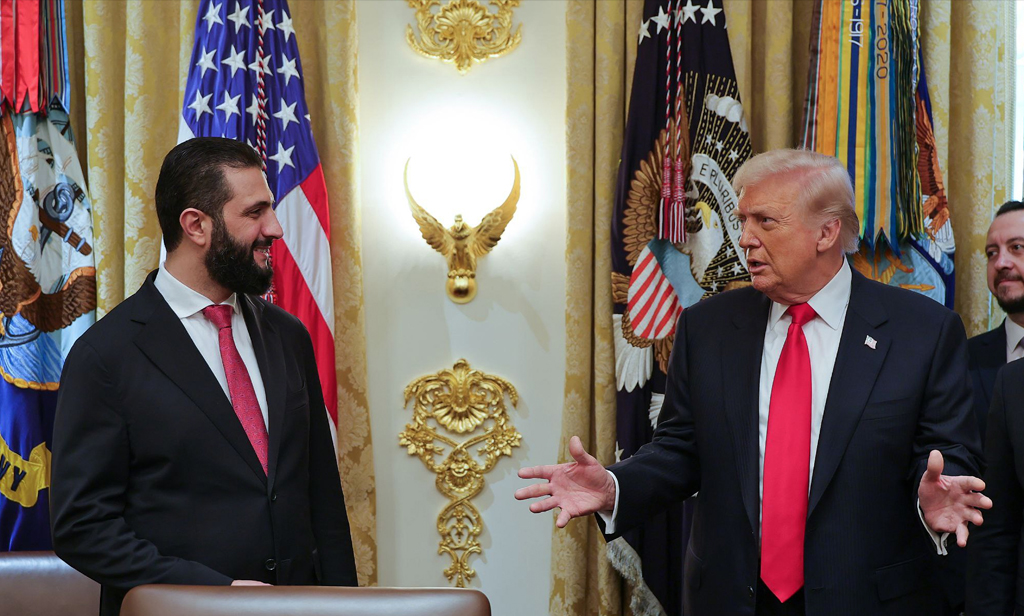
Op-Ed
Real clear world: A former terrorist inside the white house
This article examines the unprecedented decision to welcome a former jihadist—long designated as a terrorist by the United States—into the White House. It traces his trajectory from al-Qaeda operative to interim president of Syria, raising urgent questions about a dramatic shift in U.S. foreign policy. The piece challenges readers to consider the consequences of legitimizing a figure whose past is inseparable from decades of extremist violence.

International Relations
Sudan: The Country Hijacked by Islamists and Targeted for Burial by Iran
Military Issues
The Gaza War and the Military Deployments in the Region of the World’s Great Powers
Palestinian-Israeli conflict
Position Assessment: Potential Pathways of Conflict between Hamas and Israel
Politics
Asymmetric Threats:A Study in the Transformations of Traditional Deterrence Strategies
Politics
The Ukrainian Crisis And Its Repercussions On The Transformation Of Chechen Fighters From "Salafi-Jihadism" To "Sufism Jihadism"
Filter by:
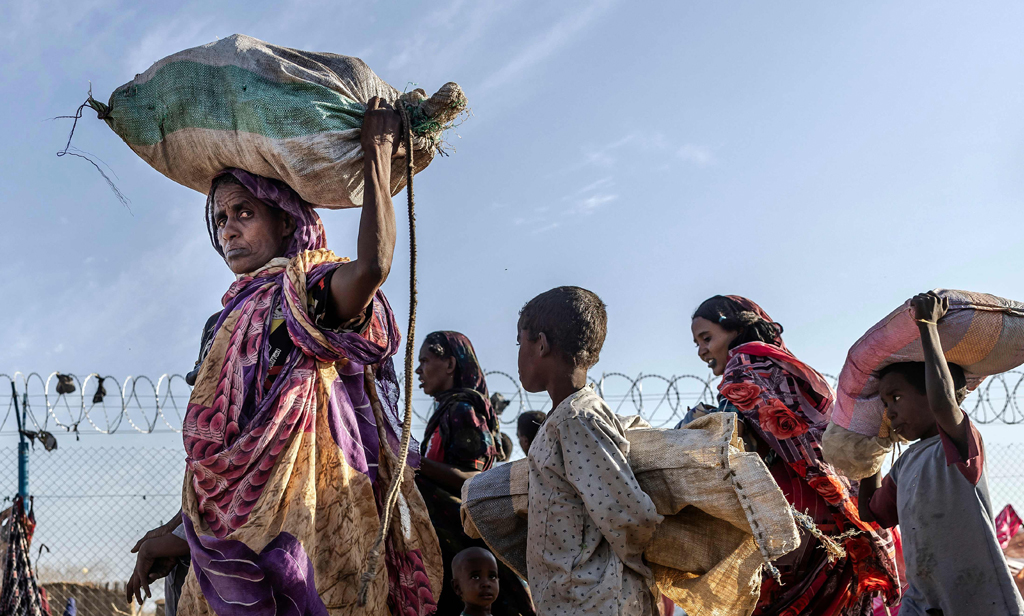
Sudan: The Country Hijacked by Islamists and Targeted for Burial by Iran
This story documents firsthand testimonies from individuals within Sudan who are well-informed about the increasing Iranian influence in their country. We refer to them as "Al-Hajj," "The General," and "The Diplomat" to protect their identities and ensure their safety. These individuals unanimously expressed concerns in their testimonies about the dangers of Iranian influence on their country's future stability, the prospects for a ceasefire between the conflicting parties.
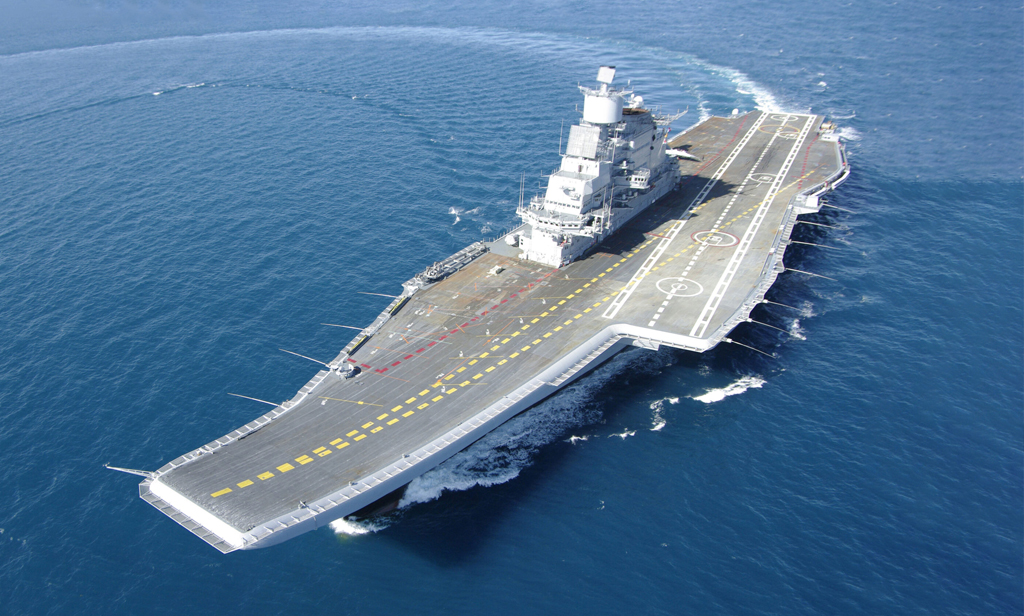
Indian Navy’s Role in the Indo-Pacific Strategy Framework
Strategic Assessment | This paper addresses India's role, within the framework of its national strategy, largely aligned with the U.S. strategy in the Indo-Pacific region. The paper also tackles the entities emanating from the Indo-Pacific understandings, such as the Quad quadrilateral, and the Anglo-Saxon Alliance (AUKUS); as well as Indian actions taken to counter China's attempts generally in monsoon lands.

PRISM: Who Wants to Be A Great Power
After years of worrying about ethnic conflict and humanitarian intervention, civil wars and counterinsurgency, there is a renewed focus among policymakers, think-tankers, and academics on traditional strategic concerns and in particular confrontation between competing great power who aspire to achieve their goal of being a superpower; Accordingly, What are the negative and positive implications of achieving this goal?
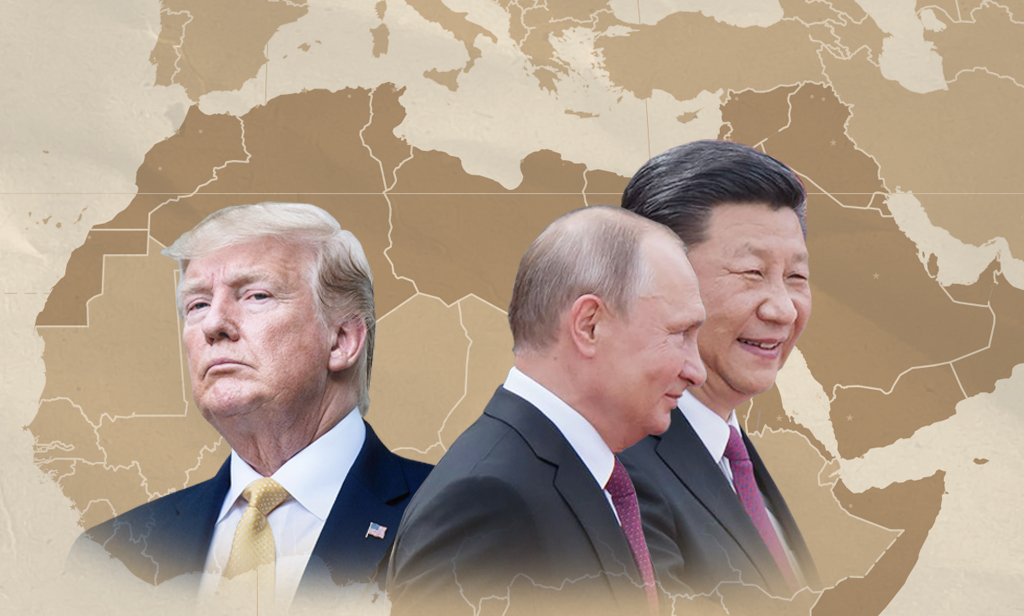
Strengthening Strategic Stability in the Middle East
For the last twenty years, the U.S. played the role of the guarantor of security in the Middle East, however, doubts increase over possible U.S. intent to disengage from the region, and despite signs of the U.S. remaining in the region, there are also solid indications of an intent to partially leave it. Thus, this paper assesses the hypothesis that the U.S. may seek to partially disengage from the Middle East, by proposing a set of strategic options should Washington increase its "partial disengagement" measures.
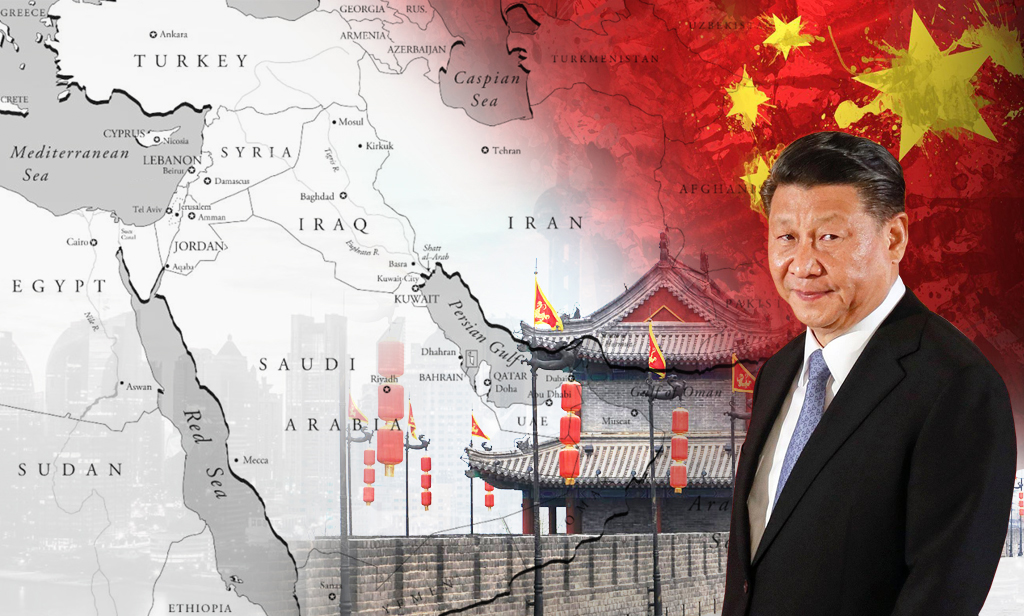
Analytical Perspective: China's Strategy in the Middle East
Previous studies on China's strategy in the Middle East are indeed few, as analyses focused on China's Belt and Silk Road initiative, however, these studies overlooked China's relations with the Middle East countries on the one hand and its role in the complexities of the region on the other. Therefore, this analytical perspective seeks to introduce key elements of China’s strategy in the Middle East, particularly the means and mechanisms of its engagement and partnerships in the region.
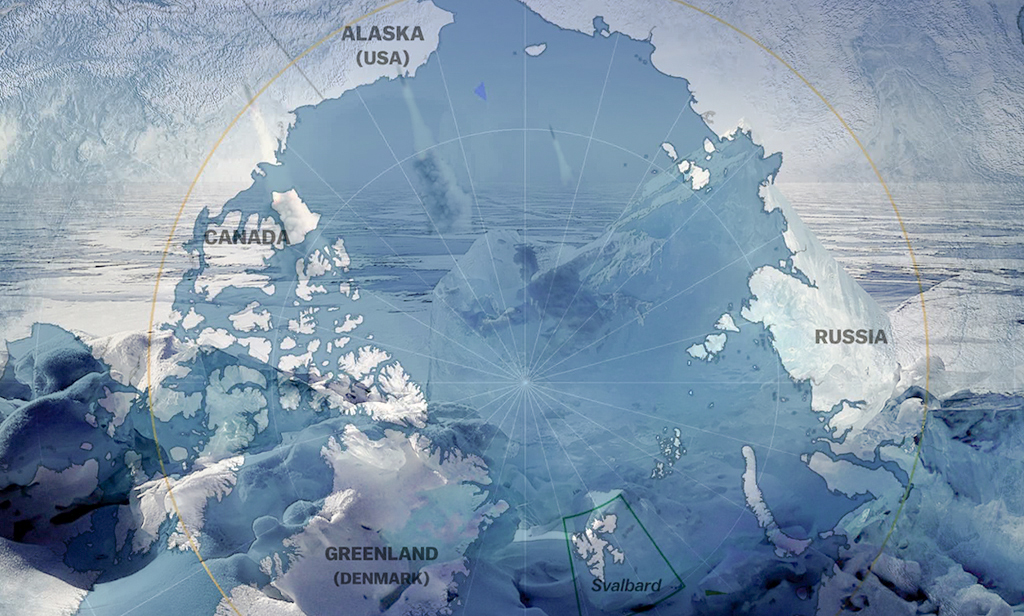
The Cold War in the Arctic Circle
Following the decline of a large proportion of its ice cover, will the Arctic Ocean become an arena for an arms race between the NATO and Russia? How will the Middle East region be affected by the climate change in the Arctic? This article discusses the strategic importance of the North Pole and answers the previous two questions.

Iraqʹs Return to the Regional Arena: Possibilities and Opportunities
In light of the development in Iraq in recent years, especially at the level of security, political level, and oil production, and amid transformations in the Arab and regional arenas in the context of Arab-Iranian relations, this report addresses relevant questions; Is it possible for Iraq in the upcoming period to return to its influential role in the balance equation at the Gulf, Arab and regional levels? does it possess the elements needed for this role and the willingness to practice it? What are the obstacles standing in the way of Iraq’s return to the regional and international arenas?